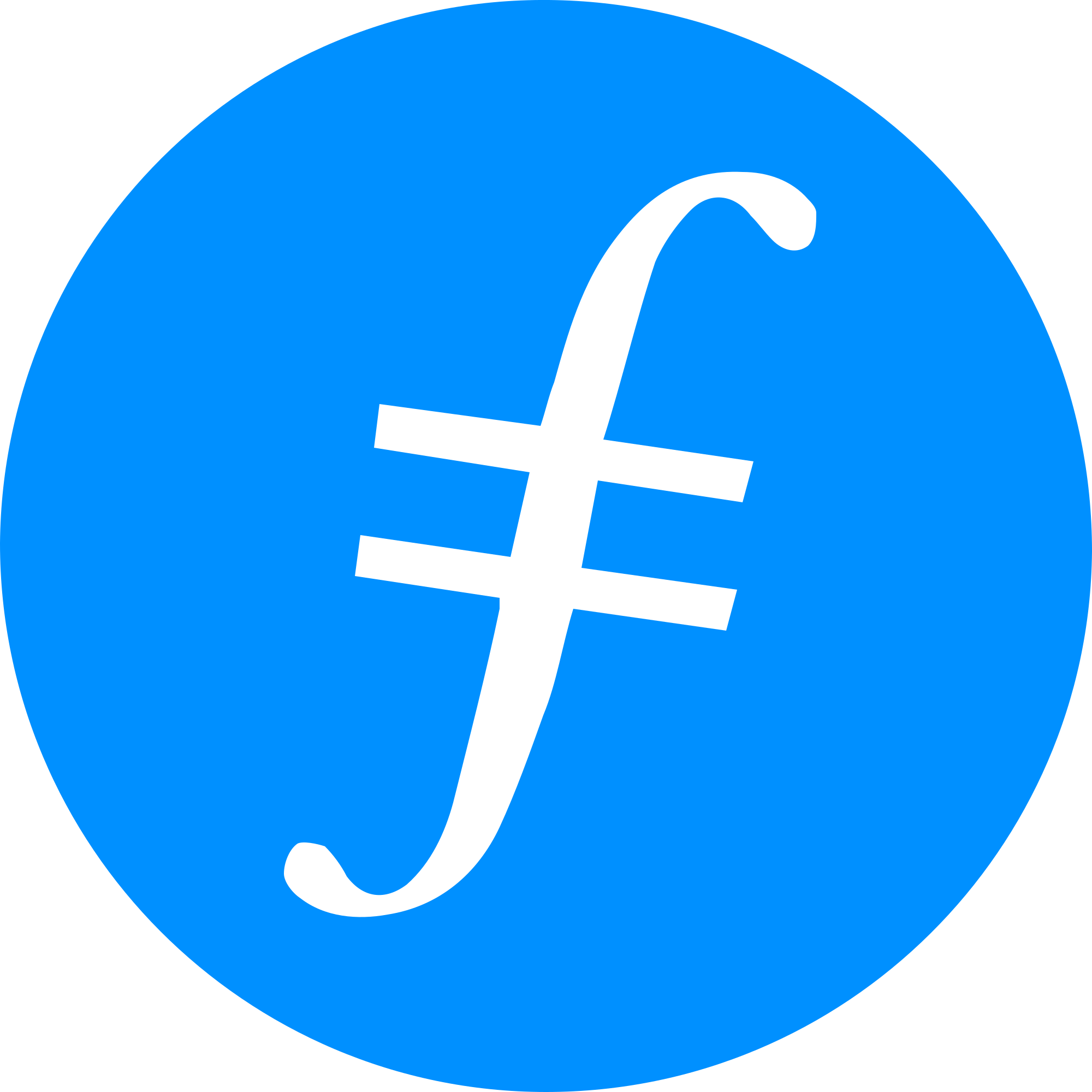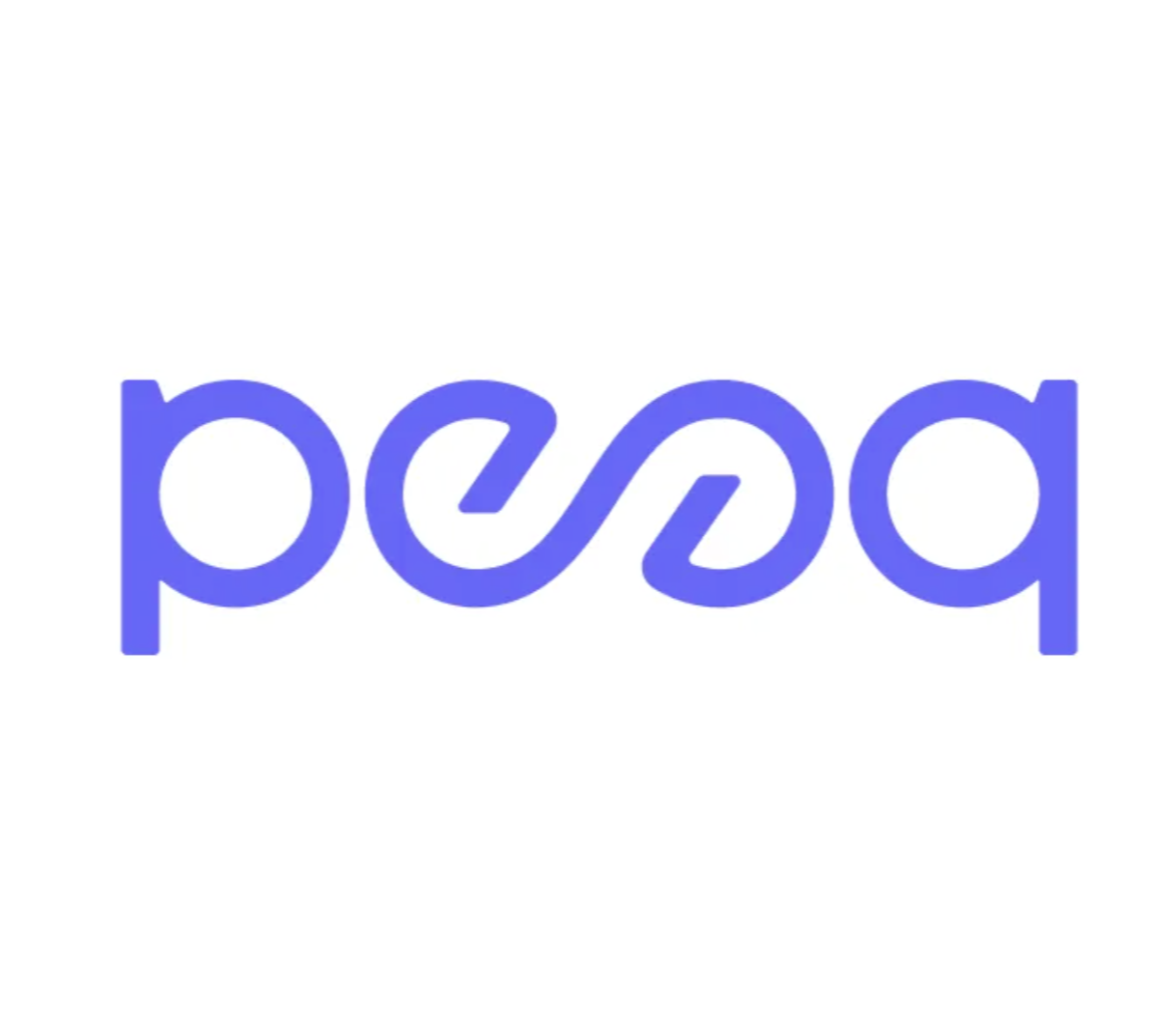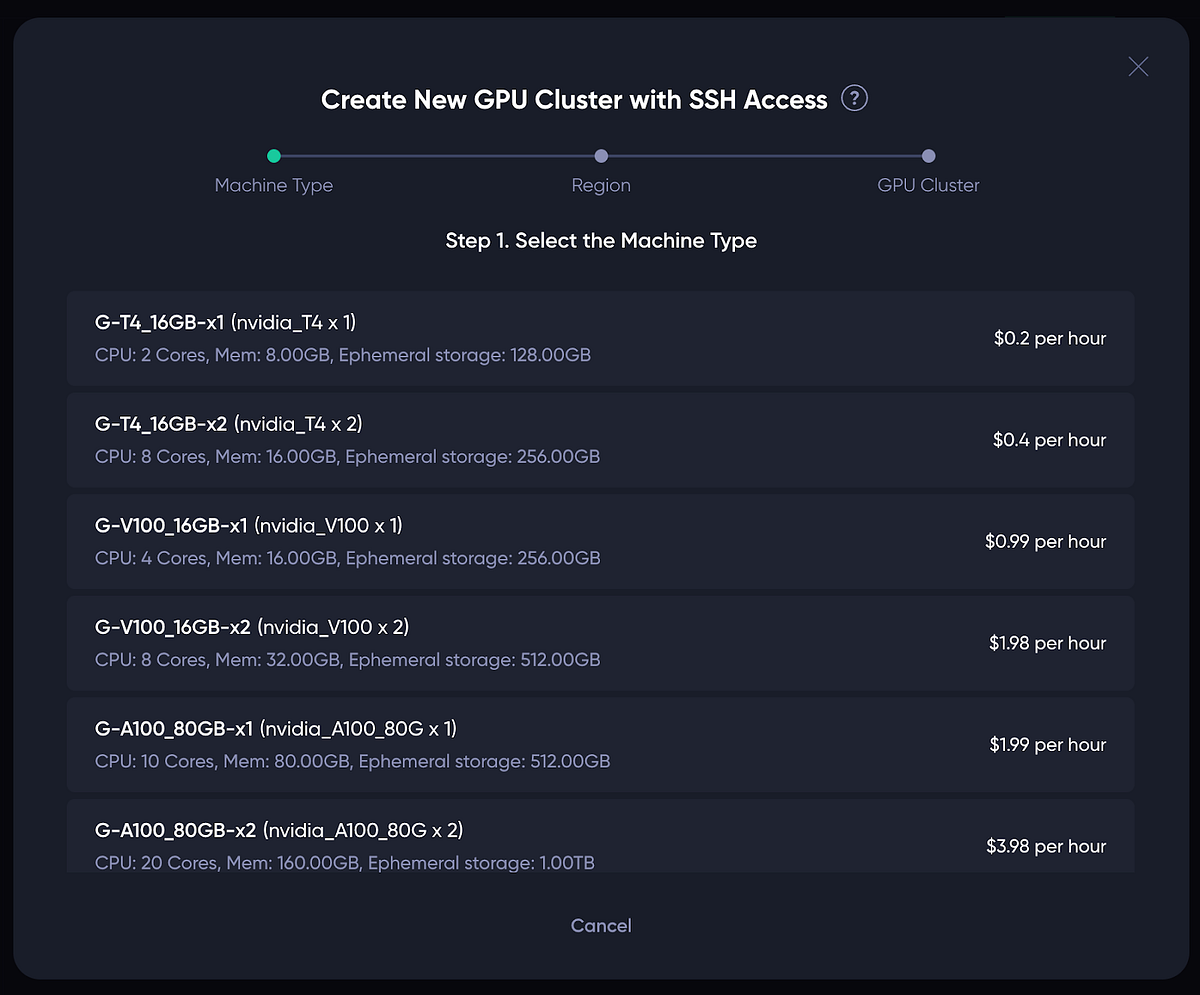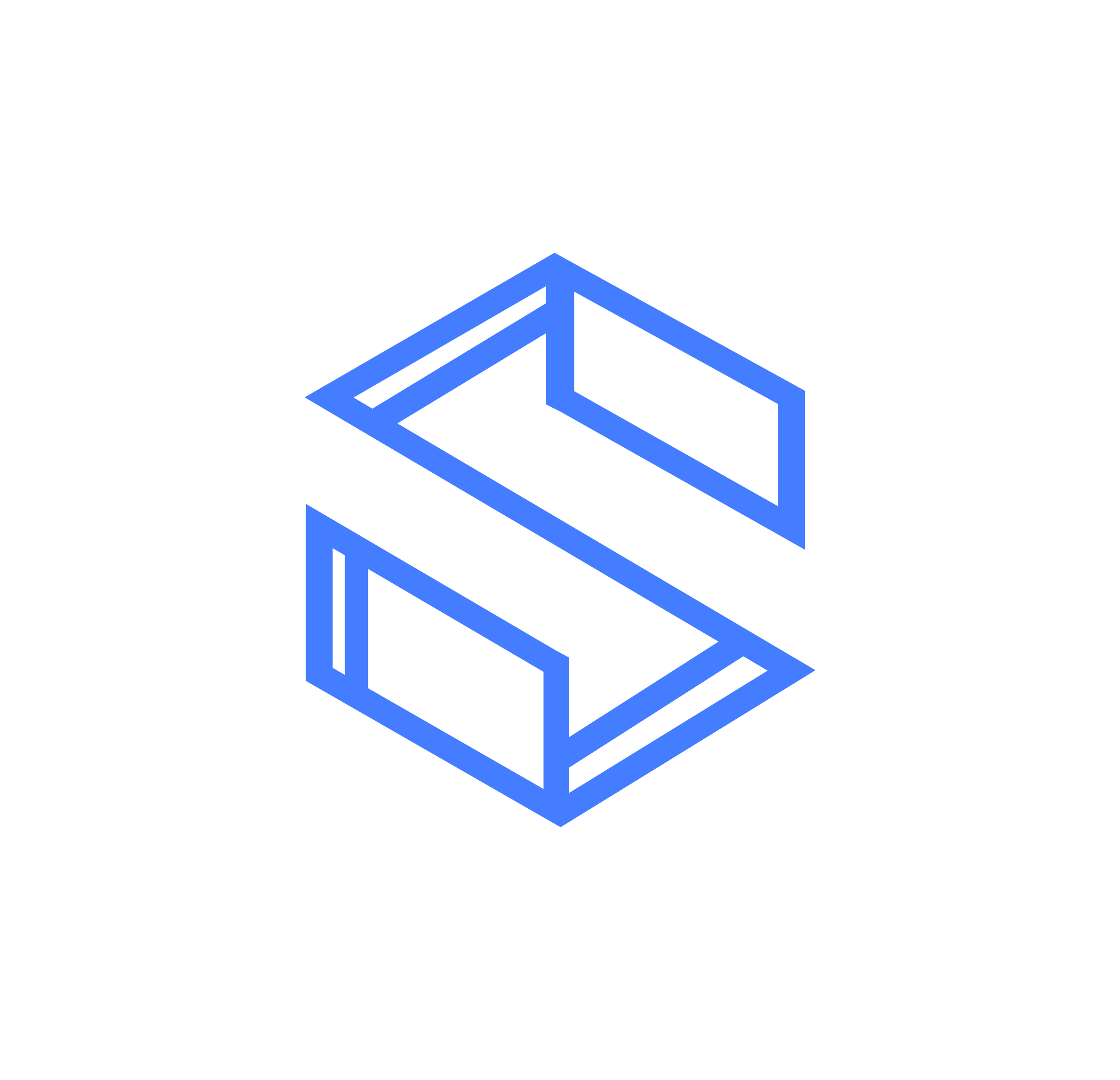The DePIN Explorer - DePIN Scan
Trending 🔥
DePIN Market Cap
$19,421,082,756
-0.2%
Volume
$4,884,159,818
-3.5%
DePIN Projects
321
DePIN Devices
40,384,105
+0.1%
DePIN Projects
DePIN Scan is the explorer for DePIN crypto projects. There are 321 DePIN Projects with a combined DePIN market cap of $19,421,082,756 and total DePIN devices of 40,384,105. Click into the projects below to learn how to start earning passive income today.
Project | Token | Category | Social Following | Market Cap | Token Price | 24h Trade VOL | 1D | 7D | 30D | Total Devices | Favorites | Last 7 days |
|---|---|---|---|---|---|---|---|---|---|---|---|---|
 | SOL | Chain | 2,983,977 | $83,853,746,106 | $160.56 | $4,717,439,947 | -4.9% | -9.8% | +14.2% | - | 23 | |
 | FIL | Server | 671,512 | $1,747,508,582 | $2.59 | $239,999,095 | -7.2% | -12.9% | -6.2% | 3,747 | 7 | |
 | THETA | ServerAI | 272,081 | $769,481,952 | $0.7689 | $48,916,205 | -11.2% | -18.0% | +3.2% | 5,885 | 4 | |
 | HNT | Wireless | 215,970 | $616,932,929 | $3.37 | $7,919,060 | -8.5% | -17.9% | -13.9% | - | 9 | |
.jpg) | GRASS | ComputeAI | 529,819 | $550,733,063 | $1.91 | $51,982,207 | -10.4% | -19.4% | +25.5% | - | 28 | |
 | ATH | Compute | 821,029 | $489,679,671 | $0.05389 | $80,862,135 | +7.0% | +7.0% | +77.2% | - | 4 | |
 | AKT | ServerAI | 124,188 | $358,835,894 | $1.32 | $11,712,553 | -6.8% | -17.7% | -17.9% | 472 | 5 | |
 | IOTX | Chain | 404,006 | $197,029,442 | $0.02086 | $21,800,167 | -3.0% | +0.2% | +12.9% | - | 66 | |
.jpg) | IO | ComputeAI | 512,187 | $138,460,357 | $0.8660 | $42,592,664 | -6.7% | -17.0% | +11.6% | - | 2 | |
 | POKT | Server | 46,627 | $119,094,958 | $0.05922 | $71,388,122 | +451.1% | +386.9% | +399.3% | 16,264 | 0 | |
 | HONEY | SensorAI | 50,652 | $113,437,167 | $0.02583 | $954,551 | -3.1% | -4.3% | -15.8% | 8,037 | 1 | |
 | PEAQ | Chain | 309,903 | $93,881,387 | $0.1068 | $6,446,027 | -7.1% | -15.4% | -16.2% | - | 14 |

2 days ago
Theta EdgeCloud Launches GPU Clusters for Enhanced AI Model TrainingTheta EdgeCloud has introduced a significant enhancement by enabling users to launch GPU clusters, which are essential for training large AI models. This new feature allows the creation of clusters composed of multiple GPU nodes of the same type within a specific region, facilitating direct communication among nodes with minimal latency. This capability is crucial for distributed AI model training, as it allows for parallel processing across devices. Consequently, tasks that traditionally required days or weeks to complete on a single GPU can now be accomplished in hours or even minutes, significantly accelerating the development cycle for AI applications.
The introduction of GPU clusters not only enhances training efficiency but also supports horizontal scaling, allowing users to dynamically add more GPUs as needed. This flexibility is particularly beneficial for training large foundation models or multi-billion parameter architectures that exceed the memory capacity of a single GPU. The demand for this feature has been voiced by numerous EdgeCloud customers, including leading AI research institutions, highlighting its importance in the ongoing evolution of Theta EdgeCloud as a premier decentralized cloud platform for AI, media, and entertainment.
To get started with GPU clusters on Theta EdgeCloud, users can follow a straightforward three-step process. This includes selecting the machine type, choosing the region, and configuring the cluster settings such as size and container image. Once the cluster is created, users can SSH into the GPU nodes, enabling them to execute distributed tasks efficiently. Additionally, the platform allows for real-time scaling of the GPU cluster, ensuring that users can adapt to changing workloads seamlessly. Overall, this new feature positions Theta EdgeCloud as a competitive player in the decentralized cloud space, particularly for AI-driven applications.

3 days ago
Top Crypto Tokens to Watch in 2025: BlockDAG, Toncoin, Litecoin, and FilecoinAs 2025 approaches, the cryptocurrency market is abuzz with speculation about which tokens will emerge as top performers this year. Investors are shifting their focus from mere hype to tangible progress, adoption rates, and strategic market positioning. Among the frontrunners, BlockDAG is gaining significant attention, alongside established players like Toncoin, Litecoin, and Filecoin, each offering unique advantages worth monitoring.
BlockDAG is making waves with its ambitious exchange strategy, planning to list on 20 centralized exchanges on June 13. This aggressive move is not just about visibility; it signifies a readiness to expand its market reach. With over $273 million raised and a presale currently underway, BlockDAG has already sold more than 21.4 billion coins, yielding substantial returns for early investors. Its hybrid model, which combines DAG scalability with Proof-of-Work reliability, is attracting both developers and miners, positioning it as a serious contender in the crypto landscape.
On the other hand, Litecoin remains a reliable choice in the crypto sphere, known for its fast transactions and low fees. Its potential in cross-border payments is gaining traction, appealing to investors seeking a blend of legacy trust and future utility. Meanwhile, Toncoin benefits from its integration with Telegram, providing seamless access to millions of users and enhancing its adoption prospects. Lastly, Filecoin is carving out its niche in decentralized storage, catering to the growing demand for secure data solutions. Each of these tokens presents distinct opportunities, but BlockDAG's early momentum and strategic roadmap may give it the edge in the competitive crypto market of 2025.

3 days ago
Roam: Revolutionizing WiFi Sharing with Blockchain TechnologyIn an innovative shift towards decentralized connectivity, Roam is transforming the way users share their internet connections. By allowing individuals to contribute both private and public WiFi to a global network, Roam empowers users to monetize their unused bandwidth while providing others with reliable access to the internet. This model not only enhances connectivity but also rewards users with Roam Points, which can be converted into $ROAM or used to participate in various in-app activities, including games and exclusive events.
Security and privacy are paramount concerns when sharing internet connections, and Roam addresses these issues with a robust security framework built on blockchain technology. Users maintain full control over their WiFi sharing preferences through the Roam app, allowing them to add, edit, or remove hotspots at their convenience. The platform ensures that all connections are encrypted, safeguarding personal data for both the host and the users accessing the network. Additionally, each Roam account is assigned a unique decentralized identity (DID), further enhancing user privacy and data management.
Roam's rapid growth is evident, with over 2 million registered users and more than 3.5 million WiFi hotspots mapped globally, making it the leading decentralized physical infrastructure network (DePIN) for WiFi coverage. This expansion is fueled by a diverse user base, including students, travelers, and local businesses, who are not just consumers but active contributors to the network. By downloading the Roam app, users can easily share their WiFi and earn rewards, thereby participating in a community-driven effort to enhance global connectivity.

4 days ago
Sungkyunkwan University’s AIM Lab Adopts Theta EdgeCloud for AI Research AdvancementSungkyunkwan University’s AI & Media Lab (AIM Lab), led by Professor Sungeun Hong, has become the 32nd academic institution globally to adopt Theta EdgeCloud, a decentralized GPU infrastructure tailored for AI and machine learning research. This partnership will significantly enhance the AIM Lab's capabilities in areas such as multimodal learning, domain adaptation, and 3D vision. Notably, their recent work, supported by Samsung, titled "Question-Aware Gaussian Experts for Audio-Visual Question Answering," has been accepted as a Highlight Paper at CVPR 2025, one of the most prestigious AI conferences. The integration of Theta EdgeCloud will allow researchers to access high-performance GPU resources on demand, facilitating faster iterations while reducing costs.
Professor Hong, an expert in multimodal AI and robotic perception, emphasizes the advantages of Theta EdgeCloud in providing the necessary computing flexibility to advance their research. The AIM Lab's focus on vision-language modeling and privacy-preserving domain transfer will benefit from the decentralized architecture, enabling rapid training and evaluation of models. The collaboration with Samsung further strengthens the lab's research output, showcasing a strategic relationship that enhances the development of impactful AI technologies.
The AIM Lab's recent achievements, including the innovative QA-TIGER model for video question answering and a memory-efficient attention mechanism for image segmentation, highlight the lab's commitment to cutting-edge research. By joining a network of esteemed institutions leveraging Theta EdgeCloud, such as Stanford and KAIST, Sungkyunkwan University is poised to lead in the advancement of AI innovation. This partnership not only accelerates research but also positions the AIM Lab at the forefront of developing socially relevant AI applications, demonstrating the power of academic-corporate collaboration in the tech landscape.
Signup for latest DePIN news and updates







.jpeg)